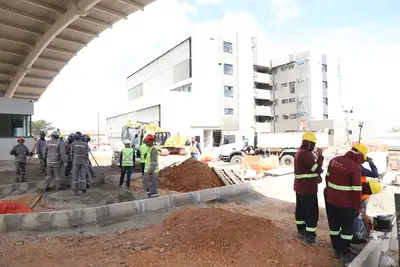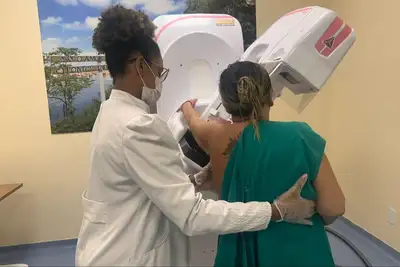Galileu Hospital invests in technology to modernize purchasing management
The Hospitrack project can increase the return of purchases to requesting departments by up to 95%, bringing greater agility in patient care
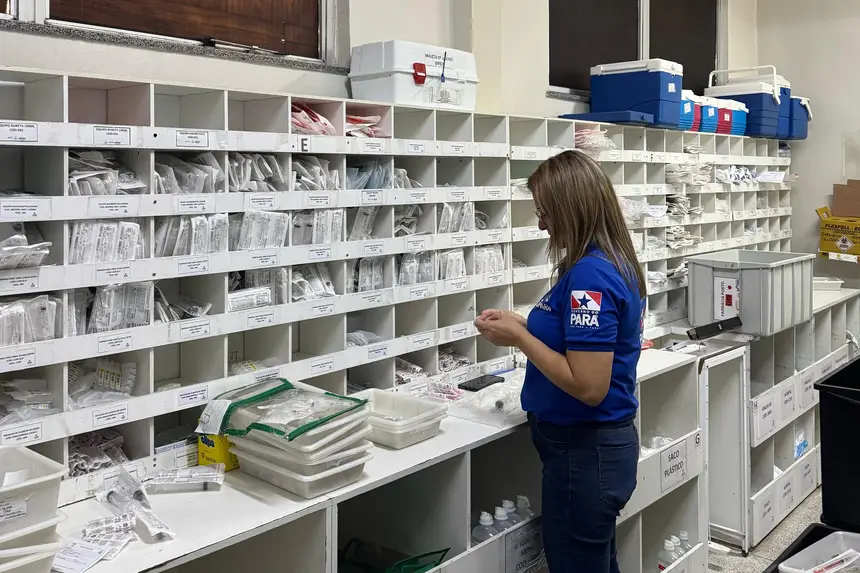
The Galileu State Public Hospital (HPEG), in Greater Belém, has implemented the Hospitrack Project, an electronic tracking system for hospital purchases that promises to transform the way supplies, medications, and materials reach patients.
The initiative aims to solve one of the biggest bottlenecks in hospital routines: the fragmented control of acquisitions, which often results in delays, waste, and a direct impact on care.
A reference for the Government of Pará in orthopedic treatment, Galileu also stands out in innovation and strategic management. According to estimates, Hospitrack is expected to reduce phone and email inquiries to the purchasing department by up to 70%, increase compliance with deadlines to above 95%, and enhance requester satisfaction.
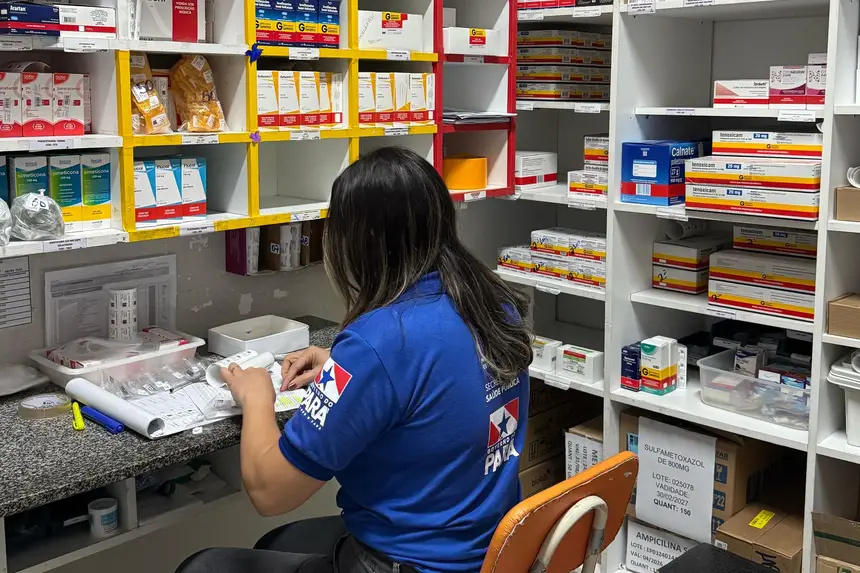
“Less time wasted on bureaucracy means more efficiency and higher quality in the care provided to the population,” emphasizes Simão Pessoa, supply manager at HPEG.
For Simão, who is also the project's author, the system is a response to a common problem faced by many hospitals. “Requesters do not know if their orders have progressed, the purchasing department becomes overloaded with repetitive questions, and often deadlines get lost along the way.”
According to the manager, Hospitrack offers total visibility of the process, with standardized statuses, real-time deadlines, and a history of each movement. Another differentiator is the automatic communication: “Whenever the status is updated, an email is sent to the requester and the responsible buyer, eliminating the need for calls or messages,” he detailed.
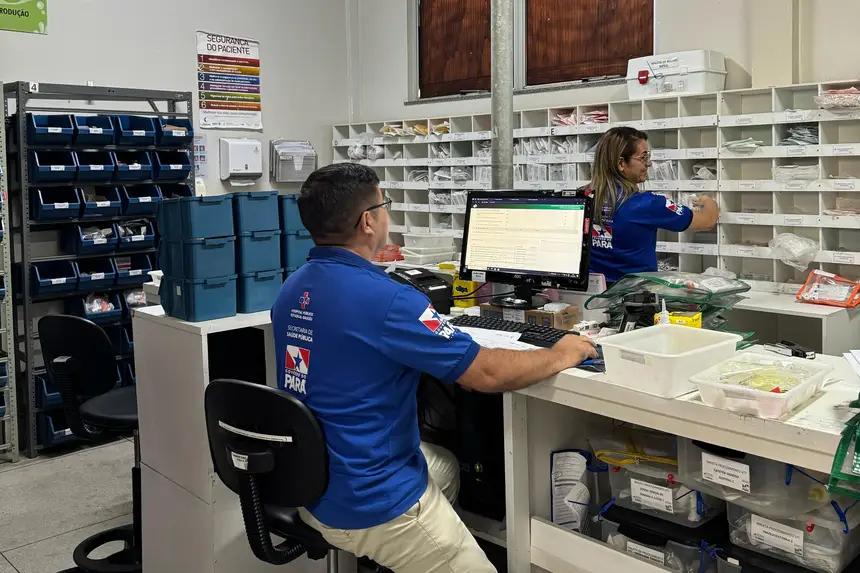
Pharmacy Perspective
The pharmacy within a hospital is the sector responsible for fundamental activities related to quality in health treatments. When a supply or medication is lacking, the impact reaches the patient directly. It can mean delays in treatment, a higher risk of infection, and even the cancellation of procedures,” highlighted pharmacist Ana Paula Silva.
According to Paula, purchasing management is crucial for the functioning of a hospital. “An adequate stock ensures that materials are available at the right time, avoids improvisation, and provides more security for doctors and care teams.”
The pharmacist also emphasizes that the issue is not limited to clinical care. “Efficient procurement helps control costs, reduce waste, and optimize resources that are always limited in the public sector.”
Ana Paula also draws attention to the relationship between quality and safety. “Items with traceable provenance, within validity, and of good quality reduce the risk of therapeutic failures and hospital infections.”
Another point is the effect on professionals. “When the hospital does not have what is necessary, the team needs to improvise, prioritize cases, and work under stress. This generates overload and increases the risk of burnout,” she said.
Strategy
The executive director of HPEG, Cledes Silva, evaluates the project as strategic. “Hospitrack shows how technology can transform hospital management. More than controlling purchases, it ensures efficiency, transparency, and safety in patient care.”
Managed by the Institute of Social and Environmental Health of the Amazon (ISSAA), HPEG maintains 104 inpatient beds and is a state reference in orthopedic trauma, in addition to offering services in specialties such as urology, cardiology, reconstructive surgery, internal medicine, ultrasonography, endoscopy, psychology, and physiotherapy.
Text by Roberta Paraense





